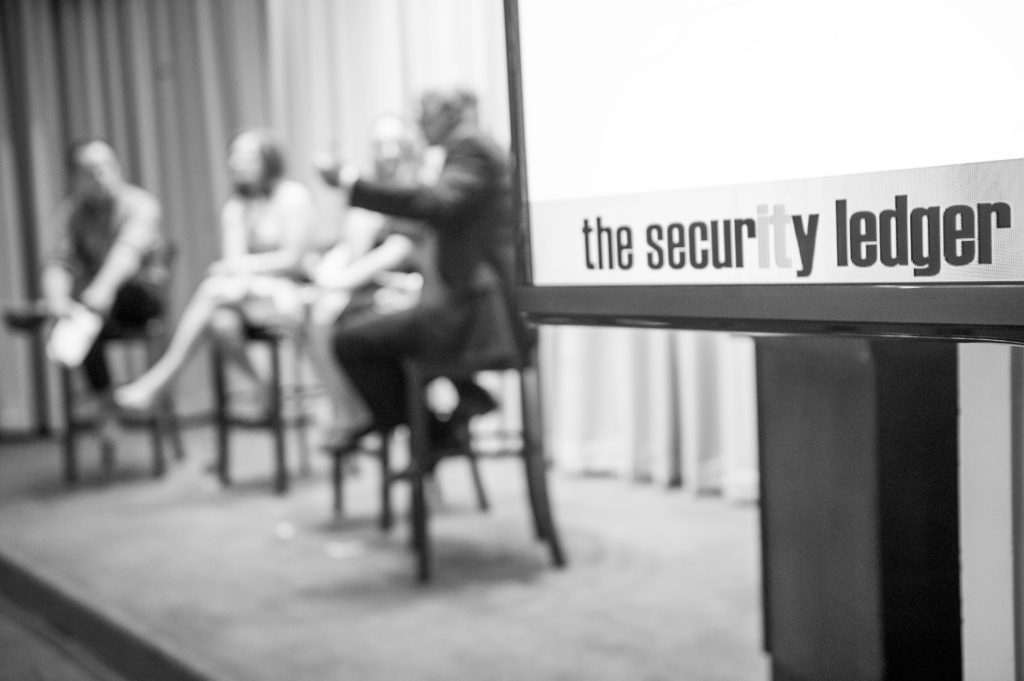In this 67th episode of The Security Ledger Podcast, we talk with Bob Rudis of the firm Rapid7 about KRACK, a security hole that affects most wi-fi hotspots. Also: Or Katz of Akamai talks about that company’s work analyzing fast-flux botnets, which have become like AirBnB for cyber criminals looking for a place to host malicious networks. Finally: Tim Jarrett of Veracode tells us how a single security hole in an open source library found its way into millions of applications.
networking
Update: Flaw in widely used Wi-Fi Standard could allow snooping
Hundreds of millions of wireless devices may be affected by a flaw in WPA-2, a widely used standard for securing wireless Internet connections. (Updated to add commentary by Bob Rudis of Rapid 7.)
Now Online: Securing DevOps without Sinking Productivity
If you missed attending it last month, our September discussion with Jason Sabin, CSO of DigiCert and Davi Ottenheimer of IANS on securing DevOps environments is available for viewing.
Hacking Warships, Capitol Hill takes a Swing at IoT Security and why CS Grads don’t get Security
In-brief: on this week’s Security Ledger Podcast, we delve deeper into the question of maritime cyber security, speaking with noted researcher Ruben Santamarta of the firm IOActive about the work he’s done exposing vulnerabilities in the software that runs both commercial and navy vessels. Also: Alan Brill of Kroll joins us to talk about The Internet of Things Cybersecurity Improvement Act. And we talk to Maria Loughlin of the firm Veracode about a new survey that suggests undergraduate computer science majors aren’t receiving adequate instruction in cyber security.
Analysis: there is both Means and Motive for Cyber Attacks on Navy Vessels
In-brief: could cyber attacks have played a role in recent collisions between US Navy vessels and commercial ships? The short answer is yes. Regardless of what caused the most recent incidents, both the means and the motive exist to launch such attacks in the future.





